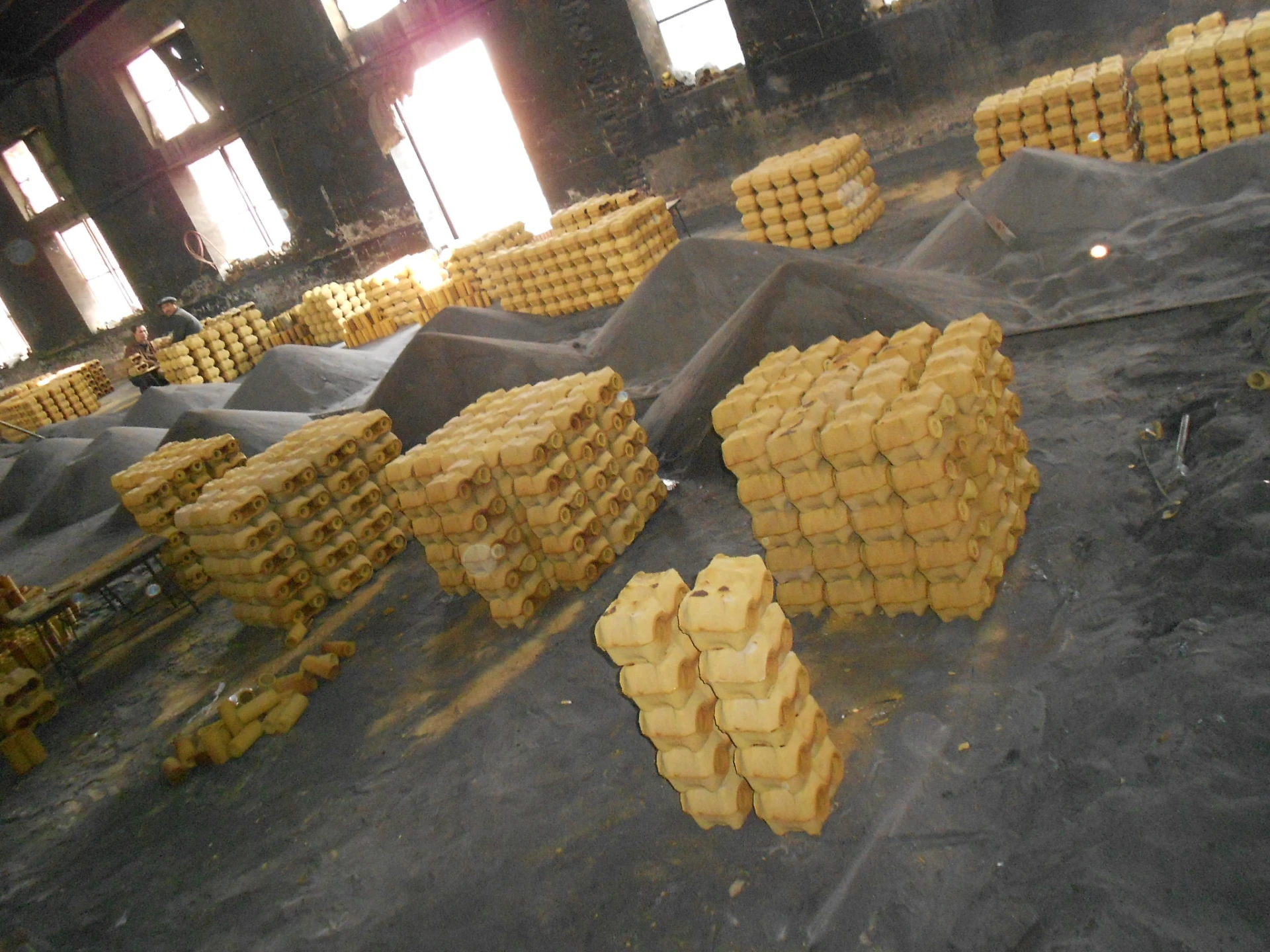Mobile:+86-311-808-126-83
Email:info@ydcastings.com
English
Superior Quality Metal Castings for Precision Engineering Applications
The Importance of High-Quality Castings in Modern Manufacturing
In today’s fast-paced manufacturing environment, the demand for high-quality castings has never been more critical. Castings are integral components in a wide range of industries, from automotive and aerospace to construction and machinery. The quality of these castings directly influences the performance, durability, and overall success of the products they are used in. Therefore, understanding the significance of high-quality castings is essential for manufacturers aiming to maintain competitiveness and ensure customer satisfaction.
What are Castings?
Castings are formed through the process of pouring molten metal into a mold where it solidifies, taking the shape of the mold. This technique allows for the production of complex shapes and sizes that would be challenging, if not impossible, to create with other manufacturing methods. Common materials used for castings include iron, aluminum, bronze, and various alloys. The casting process can be classified into several methods, including sand casting, investment casting, die casting, and permanent mold casting, each chosen based on specific production requirements.
Why Quality Matters
The quality of castings affects several key attributes of the finished product, including strength, dimensional accuracy, surface finish, and overall reliability. Poor-quality castings can lead to defects that compromise structural integrity, resulting in product failures that can be costly in terms of repairs, recalls, and reputational damage. Moreover, high-quality castings enable manufacturers to adhere to stringent industry standards and regulations, which are especially critical in sectors such as aerospace and healthcare.
1. Strength and Durability High-quality castings boast superior mechanical properties, including tensile strength and fatigue resistance. This is particularly important in applications where components are subject to heavy loads or extreme conditions. Ensuring that castings meet these strength requirements reduces the risk of failure and prolongs the lifespan of machinery and equipment.
2. Dimensional Accuracy The precision of a casting affects its ability to fit and function within an assembly. High-quality castings are produced with meticulous attention to detail, ensuring that they meet exact specifications. This prevents issues related to misalignment and compatibility in complex assemblies, ultimately improving the efficiency of the assembly process.
high quality castings

3. Surface Finish The aesthetic and functional surface finish of a casting can significantly influence the final product’s performance and appeal. High-quality castings typically exhibit better surface finishes, reducing the need for extensive post-processing and allowing for better adherence of coatings and finishes.
4. Cost Efficiency While it may be tempting to cut corners in the casting process to reduce expenses, the long-term costs of poor-quality castings can outweigh the initial savings. High-quality castings lead to fewer reworks, lower rejection rates, and enhanced product reliability, all of which contribute to overall cost savings.
Achieving High-Quality Castings
To achieve high-quality castings, manufacturers must invest in advanced technologies, skilled labor, and rigorous quality control processes. Techniques such as computer-aided design (CAD) and computer-aided manufacturing (CAM) can enhance design accuracy and optimize the casting process. Additionally, non-destructive testing methods, such as ultrasonic testing and radiographic inspection, are vital for identifying internal defects without impairing the casting's usability.
Furthermore, fostering a culture of continuous improvement and training within the workforce is essential. Skilled operators and engineers who understand the intricacies of the casting process can significantly contribute to the quality of the final product. Collaborating with reliable suppliers for raw materials and investing in modern equipment are also key factors in maintaining high standards.
Conclusion
In conclusion, high-quality castings are foundational to the success of modern manufacturing. They not only enhance the performance and reliability of products but also help manufacturers uphold their reputations in an increasingly competitive market. By prioritizing quality in the casting process, companies can ensure customer satisfaction, reduce costs associated with failures, and pave the way for innovation in product development. As the manufacturing landscape continues to evolve, the emphasis on high-quality castings will remain a pivotal factor in driving industry success.
-
Materials Used in Manufacturing Cap End Pipe FittingsNewsNov.24,2025
-
Material Properties of CF8M CastingNewsNov.24,2025
-
How to Inspect Pump Cap Ends for DamageNewsNov.21,2025
-
Backward Curved Impeller – Efficient Airflow Solutions for Industry | YD CastingsNewsNov.21,2025
-
Automobile Water Pump - Efficient, Quiet, Durable & ElectricNewsNov.21,2025
-
Impeller for Pumps – High-Efficiency, Durable, OEM-ReadyNewsNov.21,2025











